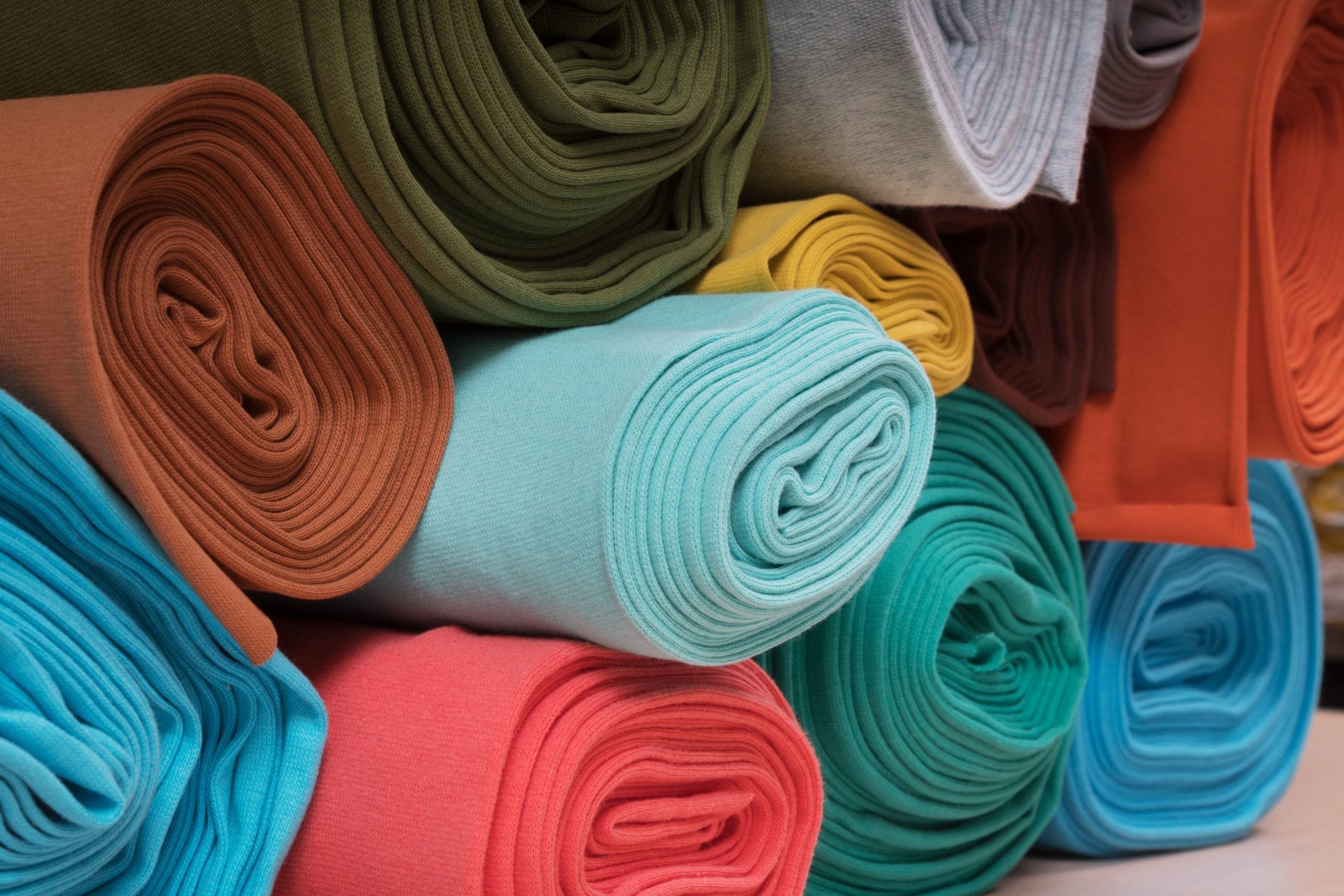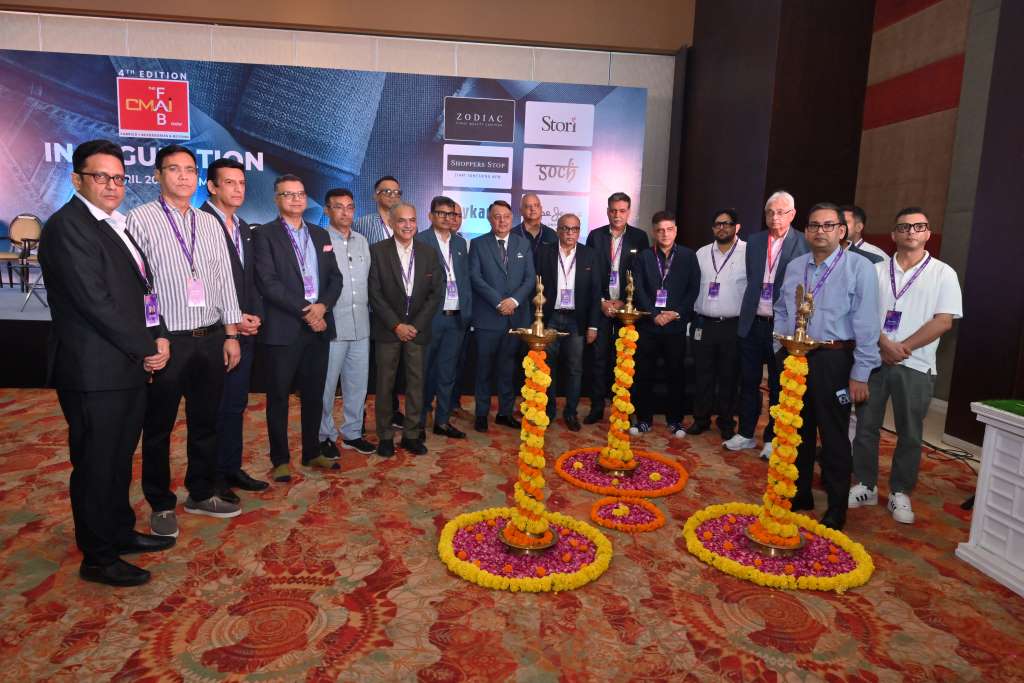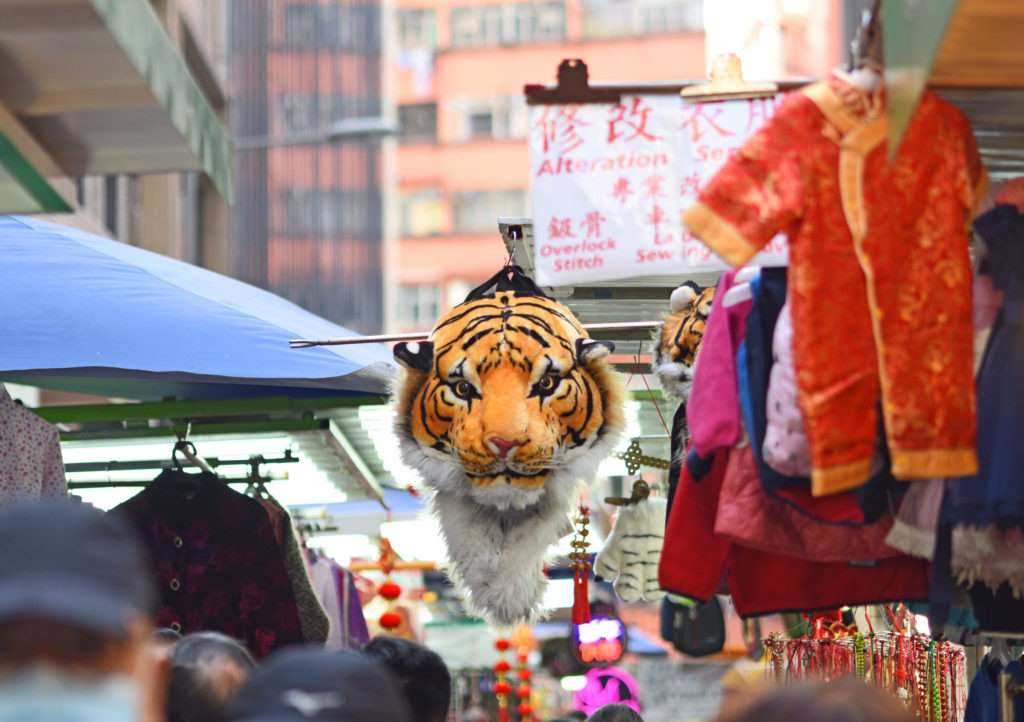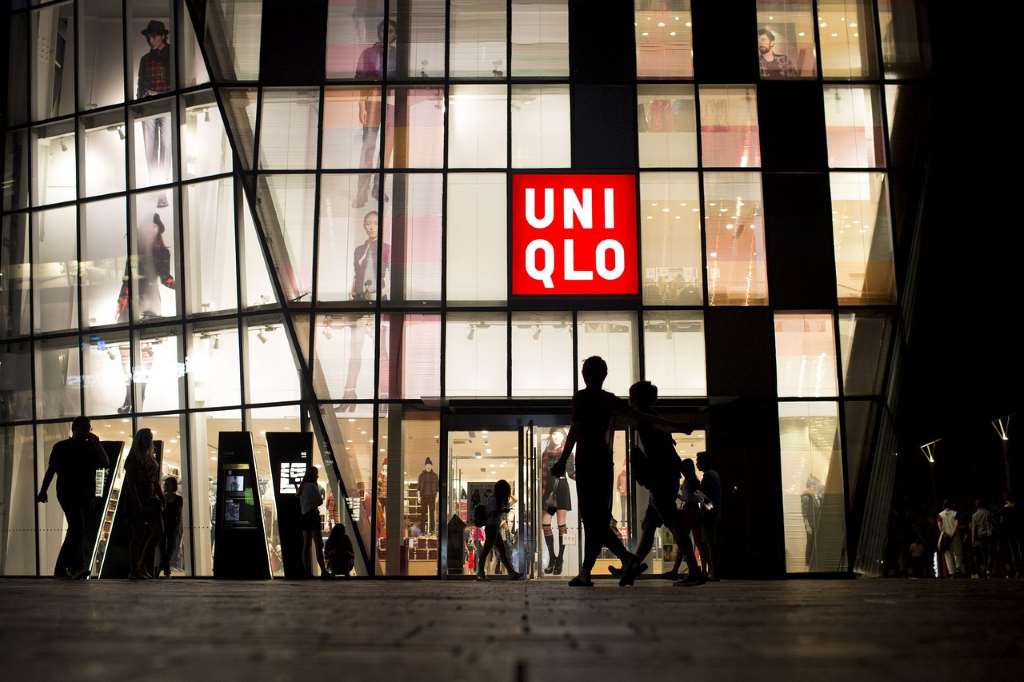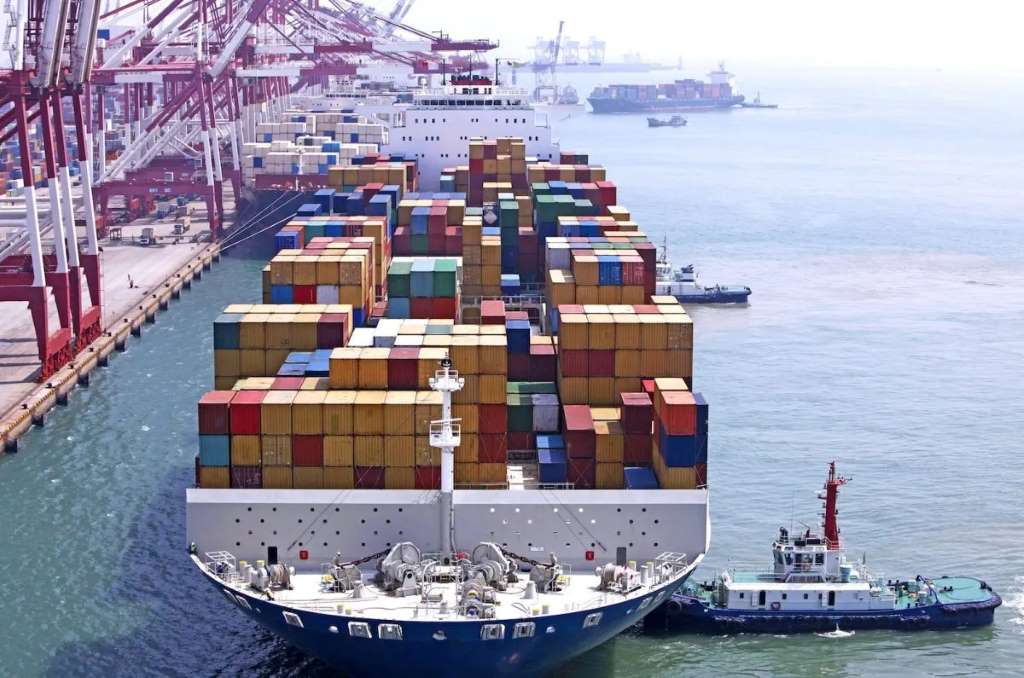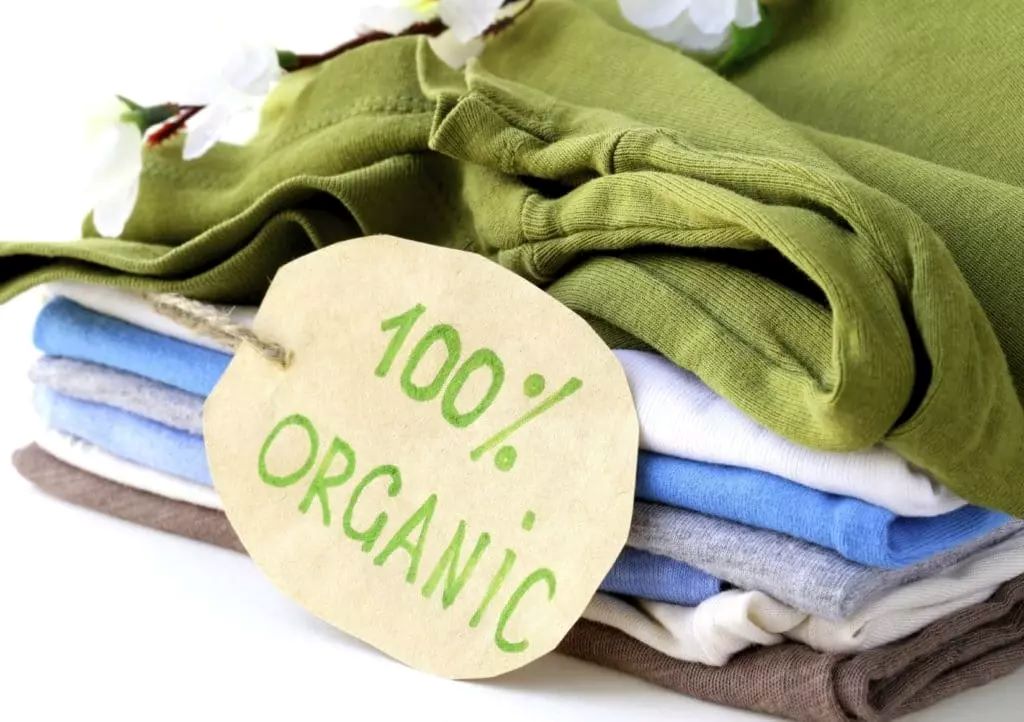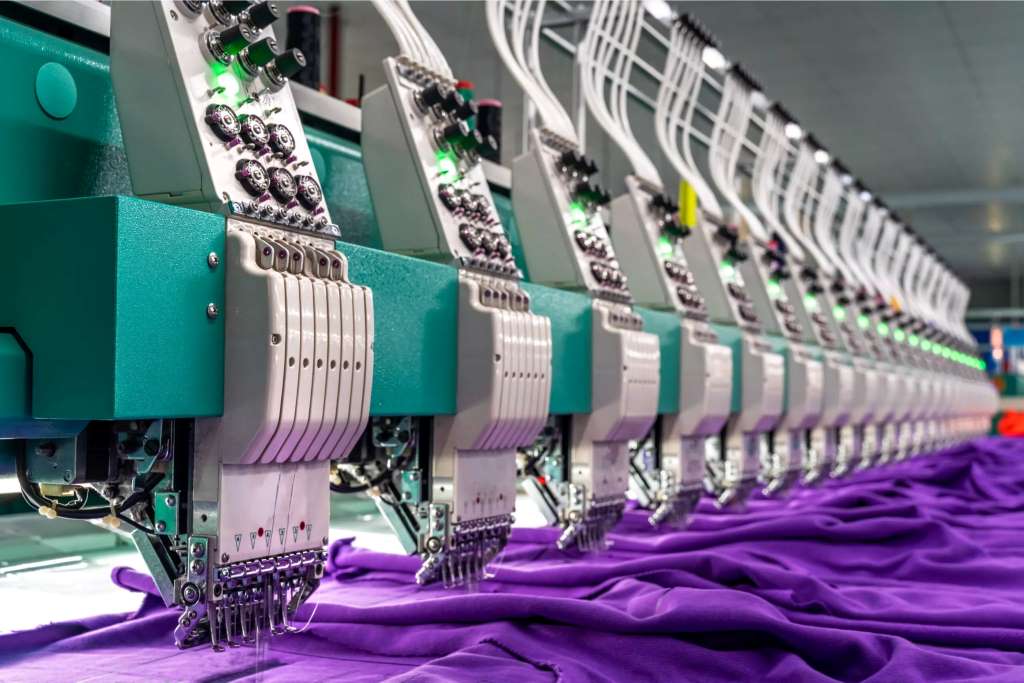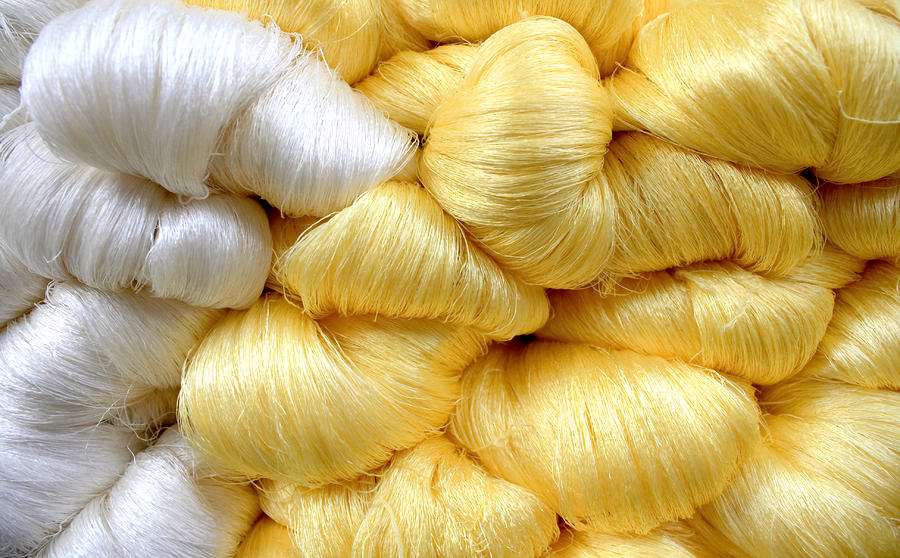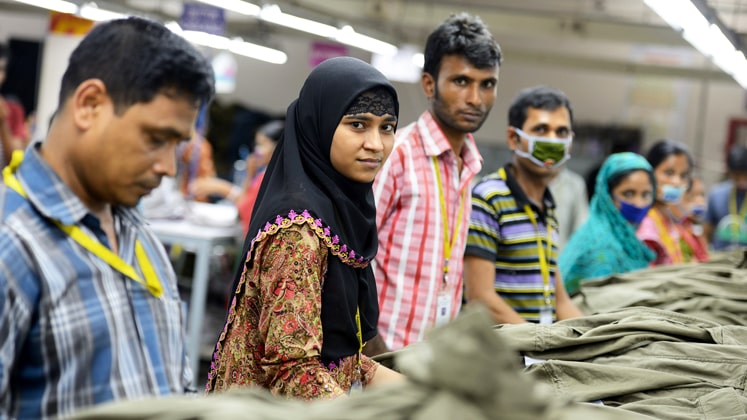
Second only to China, Bangladesh carved out an awe-inspiring success story in the global RMG supply. Exports worth USD 42 billion last year contributed to an 83% of its total export volume. Whilst the RMG sector in Bangladesh continues its growth, the two-year long pandemic and the drop in demand for RMG imports from the West thereafter created an economic crisis for the nation. The Bangladesh Garment Manufacturers and Exporters Association (BGMEA) have targeted the USD 100 billion mark of export by 2030. After the hit it took in the last two years, Bangladesh is keen to diversify its RMG portfolio.
This is where technical textiles present an opportunity. Futuristic technical textiles used in planes, cars, and firefighters’ uniforms and protective clothes are not what comes to mind in the RMG sector but this category represents a huge potential for Bangladesh’s diversification plan. Textile technology has become increasingly commercially viable and is experiencing rapid increase in demand. Garments made of technical textiles can offer many qualities which traditional garments cannot; they can be antibacterial, insect repellent, flame retardant, odorless and much more, allowing the wearer to reduce risks and bodily harm.
Manufacturers of technical textiles use both natural and manmade raw materials. Manmade materials, which currently account for 40% of total fiber consumption across the entire textile industry, include items like polyester, nylon, acrylic and polypropylene. The global market for technical textile is projected to reach $208.5 billion by 2024 from $178.92 billion in 2020. Its market is assumed to reach $298.1 billion by 2030. Europe represents the largest regional market for technical textiles, accounting for an estimated 28.8% share of the global total.
The Asia Pacific dominated the technical textile market with a share of 45.9% in 2019. China is the largest exporter of technical textile products with a share of 24%. This is followed by USA, Germany and Republic of Korea with a share of 10%, 9%, and 4% respectively. Within the Asia Pacific region, China and India are two leading countries in the technical textile sector. India is the world second largest polyester producer and its market size is USD 19 billion. India has set up a scheme within an average growth rate of 15-20% to increase their domestic market size of technical textiles to USD 40-50 billion at 2024; through market development, technological development, international technical collaborations, marketing and investment promotion.
Bangladesh has a lot of work cut out for it as they venture into the technical textile segment. In 2010, the Bangladeshi technical textiles consumption market value was USD 281.1 million and production value was USD 252.2 million. Whilst the pandemic may have been doom and gloom for Bangladesh’s RMG sector, the silver lining came in the form of technical textiles as demand for gloves, mask, PPE kits, etc. grew. During this production process, Bangladesh realised it lacks the infrastructure, research facilities and skilled labour to compete significantly in the global market. The government of Bangladesh has launched various conduct schemes and policies for technical textile manufacturers to make them globally competitive.

